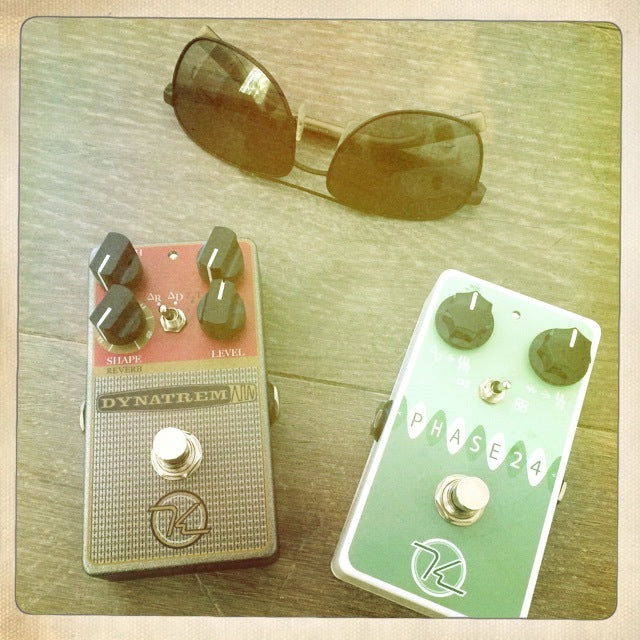Play infinite games with yourself to expand your artistic processes, personal life, and even your mind.
Last week, I made a case for creating self-imposed rules in the context of creating art, using the example of an agreement I have with the other musos in my main project Sneaky Little Devil: every idea has to be executed, every musical suggestion has to be given a fair shot.
I call that kind of rule “prescriptive” because, as with any good prescription, it tells you exactly what the medicine is and when to take it. It expands the number of possibilities and, therefore, the scope of the creative process in general.
But buckle up, because I’m about to make a case for a very different kind of rule, what I call “proscriptive”, because it does exactly the opposite of expanding things. A proscriptive rule limits the range of possibilities by excluding specific approaches, or by defining hard boundaries which cannot be transgressed.

Here’s one of my favorite Sneaky Little Devil proscriptive rules: the songs will have no lyrical clichés, no trite or overused rhymes or images. This limitation has resulted in a great deal of head banging and hand wringing over here, but it forced us to produce exactly what we longed for: lyrics that haven’t been done a million times, phrases and stanzas which have an abstract, jivey, elusive quality that seems to be talking about something very specific, although it’s never quite clear what that something actually is.
At last count, we have something like 16 rules in place at SLD HQ. We keep them all written down; sometimes a rule runs its course, and we agree to cross it out.
Quick aside: there’s a model for human interactions and relationships known as ‘game theory’. In essence, it views every relationship, every interaction, and (especially) every personal conflict as a game. To be clear, calling these ‘games’ doesn’t mean ‘yay! we’re having fun playing games!’ It’s more akin to ‘sport’ in that there are players, there is information known to the players, there are moves, there are countermoves, and there are payoffs.
Originally, game theory was only interested in what are called ‘zero-sum’ games, espousing the idea that for every win, there’s a loss, and the net result is zero. I prefer to call those ‘finite games’, because they have an ending (which often loops back to the beginning), and the players tend to act out the same dramas over and over. People rarely escape the cycle, no one grows, and the world as a whole doesn’t benefit because the overall energy output is, by definition, zero.
What I’m proposing in this article is that you adopt an entirely different strategy in your life, your art, and your personal relationships.
Rather than treading water in the unfulfilling quest to win a never ending spiral of finite games, you instead find every opportunity to play infinite games with yourself and those around you. You do this by openly discussing and agreeing to rules that everyone then has to live by… right until everyone decides the rule needs to be massaged, recoded, or disposed of altogether.

When you do that, when everyone does that, the result is a rather striking and seemingly endless series of win-wins rather than win-loses, and everyone benefits. Everyone. Including me and a billion other people you’ll probably never meet.
More to the point, your art will become larger than you; it will expand beyond what you thought was possible because trust and good will become the norm, and the self-imposed and often arbitrary challenges and limitations you adopt become fuel for the creative machine inside you. You will overcome limitations you didn’t know you had, and you will master skills you didn’t know you needed.
So build some walls that limit the paths you can take; shut down entire classes of conversation before they ever get a chance to become conflicts. Create a structure, in some ways vast, in others ways very small, and step fully inside it. Constantly review and update your customized, personalized rulebook, and adjust as needed to serve the greater good.
Because with rules, as with everything else, there are no rules.
-Gregory Scott - UBK